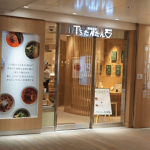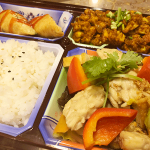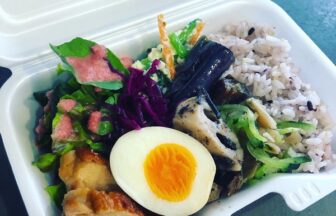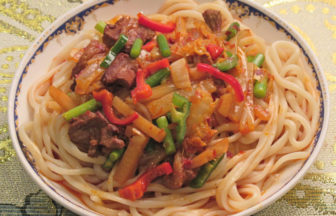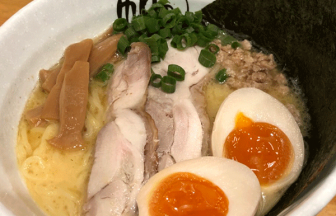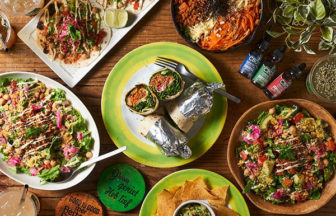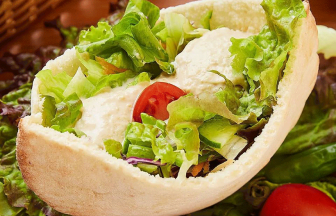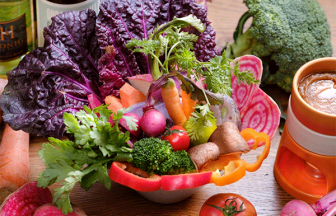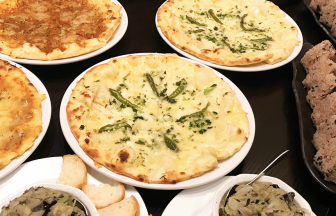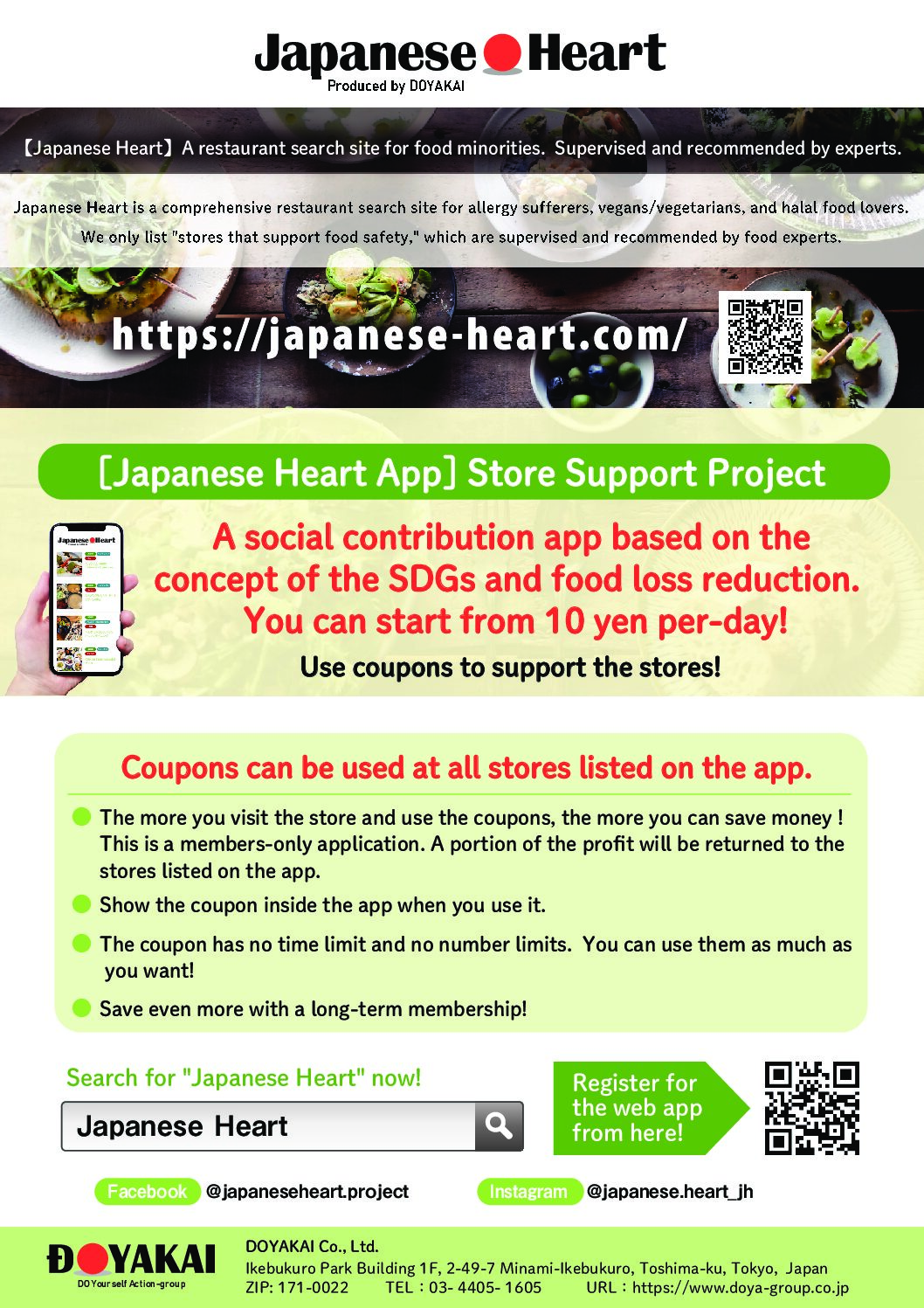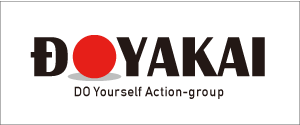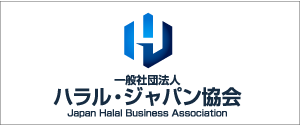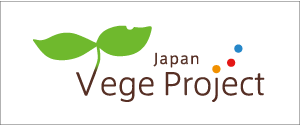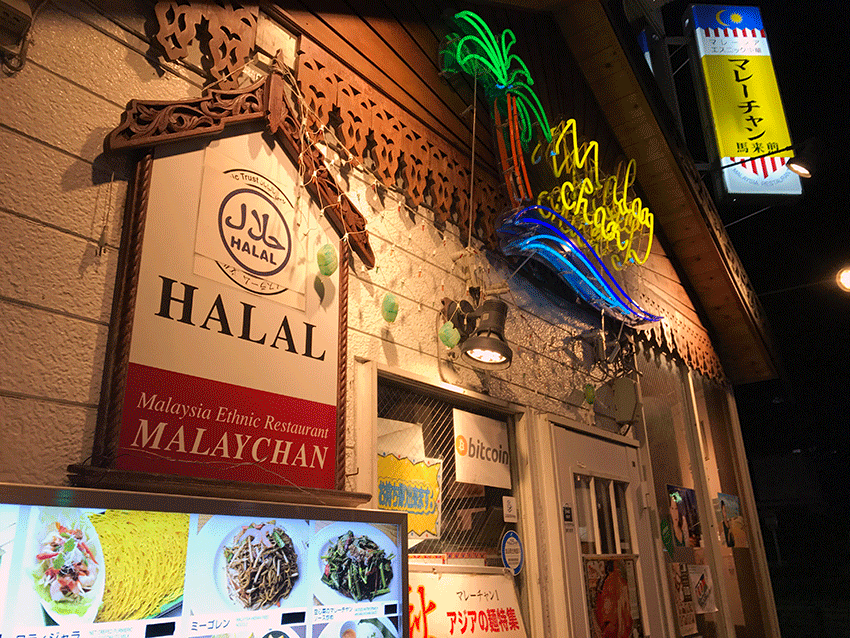
MALAYCHAN 1 satu








Supervisor / Recommender

General Incorporated Association Japan Halal Business Association Secretariat Public Relations / Director
Click here for introduction
I am currently working as an editor. However, I experienced working as a cook in restrunts, hospitals, and catering industry. Looking back now, I was connected to the Idea of Hala, since then.
At one point, few decades ago, I worked in a cafeteria at an auction site. More than 60% of the visitors to the venue were foreigners, including many Muslims (There were mosque in the venue as well). I remember many people asked me about the food we serve, the types of meat and whether they are Hala qualified.
At a certain time, the cafeteria becomes lively like a festival. Because the Indian restaurant next door to the venue served food for free. Indian dish, such as biryani, curry and sweet drinks were served to the visitors. Over 100 foreigners dressed in red turbans, garabayas and folk costumes gathered in the cafeteria, and everyone had a great time surrounding the same table. Now I learned about Muslim culture, it was a fast-starting Iftar.
Also, I remember that many participants were only eating curry from the Indian restrunt, eventhough there were choices of other food. As I study about Halal, I learned that they did not chose to eat curry, but they did not have a choise. I personally think that they wanted to try some of the Japanese food, if they had a chose. I still regret that moment, when I could not do anything because of the lack of information. “Inconvenience” of food is quite different based on their cultural background, and therefore, I understand now, that it is crucial to create an environment where all people can enjoy delicious meal, regardless of their backgrounds.
In Japan, Halal food is still a minority. Many people from Muslim background visit Japan, but they fell enconvininet about it. Japan Halal Business Association advocates in the halal business: HAVO (Halal, Organic, Vegetarian, Allergy).
The idea is to aim to create products and services that many people can eat and use, regardless of their religion and various backgrounds.
Seeking for delicious, safe and secure meal is commonly shared through the nations. The time demand us to find new ways of living that transcend borders and religions. We hope that Halal will help eliminate food inconvenience and contribute to the harmony of the world where you can respect, coexist, and co-prosper with a more liberal idea to eating and enjoying food.
A long-established Malaysian restaurant in Ikebukuro with a 32 year history, “Malaychan” The first halal certified store in Japan
A long-established Malaysian restaurant in Ikebukuro with a 32 year history, “Malaychan” The first halal certified store in Japan.
Currently, there are three stores:
Malay Chan 1satu is a halal-compatible store. All dishes are halal and you can enjoy authentic Malaysian dishes such as Penang Laksa and Nasi Goreng.
Malay Chang 2 is a Chinese Malaysian and Asian restaurant. Bak kut teh, soupe dish of Malaysia, is a popular menu.
The 3rd kitchen Malay Chan is delivery and catering specialty store. Halal and vegan lunch boxes and side dishes are also available for meetings and parties.
You can also order at the online site and UberEATS TOKYO. Please check!
Malaysian food is the definitive edition of multi-cultural halal cuisine, a fascinating flavor that combines Thai, Indian and Chinese!
Mama-san, the owner of Malay Chang, traveled to Malaysia to learn cooking. She traveled through multiple villages where many Muslims live in Malaysia, trying to reproduce the local taste as much as possible.
She still have the strong commitment to the taste. Mama-san travel to Malaysia, twice a year to buy local ingrediants.
Therefore, all the dishes in the restrunt has been reproduced the local taste.
Indeed particular, the Penang-style Assam Laksa is a masterpiece.
A handmade soup made by chopping ginger flowers and herbs purchased at Malaysia. Malaysian people love Laksa so amazingly. Many people are addicted to the unique taste of tapioca and rice flour noodles with sour taste.
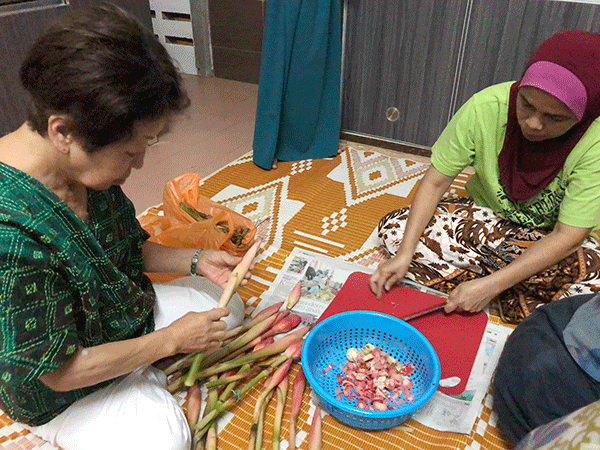
Carving the buds of Bunga Kantan flowers
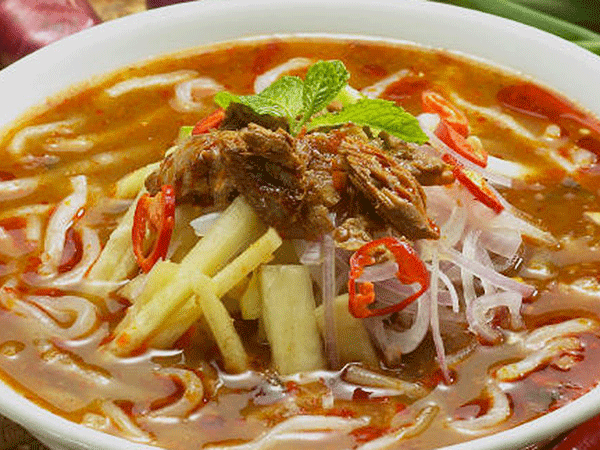
Laksa
Every time Mama-san travel to Malaysia, she discovers a delicious dish and added it to the menu of the restrunt. Now, the restrunt has 140 kinds of dishes.
Best-Three dishes; three popular dishes that represent Malaysia.
Malaysian fried rice Nasi Goreng with mellow fried egg served with malaysian sauce.
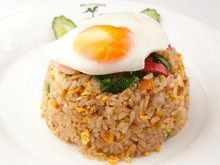
Nasi-goreng (Indonesian fried rice)
Rich Malaysian style curry that is a bit different from Thai curry.
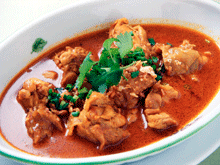
coconut chicken curry
A popular menu with ethnic flavors and addictive attention, with shrimp and vegetables wrapped around a braided crepe.
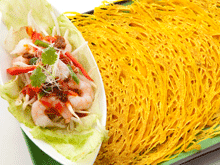
Rotijara
Assorted appetizers are recommended for beginners. Contents include fresh spring rolls, multaba, otaota, and saty.
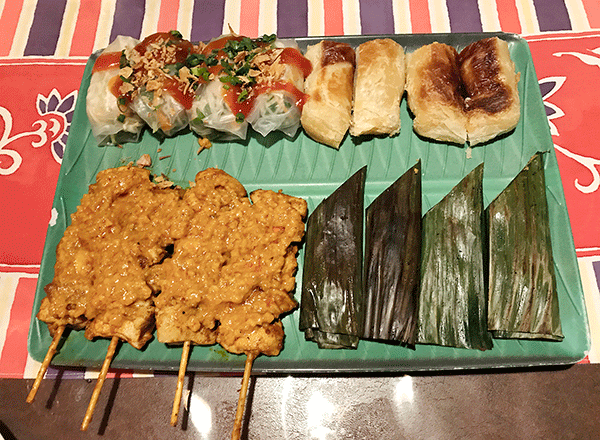
Assorted appetizers
Otaota, which is made by wrapping the fish surimi(fish-meat balls) in the banana peel.
And the lower left Malay Yakitori Satie is a yakitori with plenty of peanut sauce on it. The texture of the crashed nuts is also fun and perfect for beer.
This is “Herb Chicken” with fried chicken and spicy tomato flavor served with vegetables
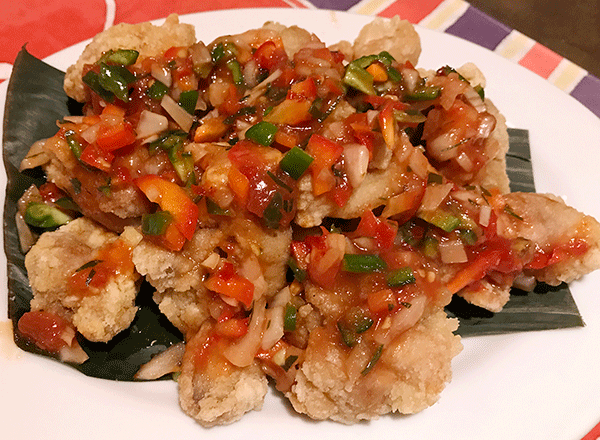
Herb chicken
This is a dish of mackerel steamed with banana leaves.
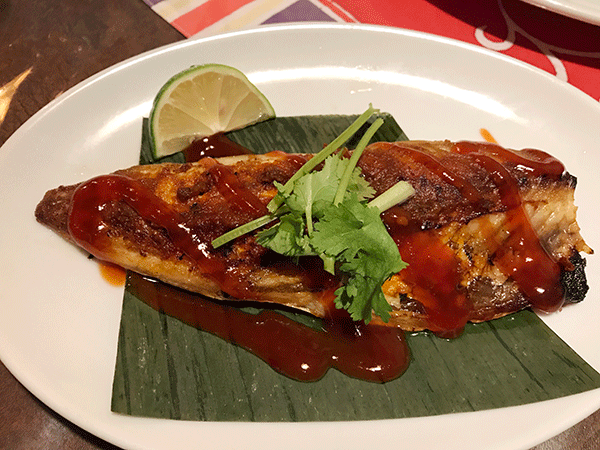
Malaysian style grilled fish
Malay Chang’s taste comes from compassion for international students, seeking for Halal food
Speaking of MALAYCHAN, it is important to remember that the famous mom, Shoko Fukuzawa, is there.
Mom worked in a real estate agency when she was young. His father was a university teacher, and there were many students around him. At first, I was taking care of foreign students who could not rent an apartment. Many of them are Malaysian international students, and I know that there is nothing to eat in Japan. The Malaysian food I ate at that time was very delicious. That led to the opening of Murrayan.
Nowadays, halal restaurants and share houses are not uncommon in Tokyo, but at the time there was no recognition of the terms “halal” or “share house”. Under such circumstances, I learned halal myself and rented a house where international students who were in need were able to live, and sometimes became a guarantor to support the students. Despite the diversification of food and the acceptance of foreigners, Mom has already practiced the cutting edge of the times. Malay Chan satu has entered its 32nd year and has been through a number of difficult trials and twists. Underlying the taste is warm compassion to help those in need. This restaurant is perfect for casual halal use, such as using tablewares made in Malaysia that does not contain beef bone charcoal even with one dish.
Halal restaurants are increasing its number in Tokyo, but perhaps there are so few restaurants that understand the meaning of halal. By all means, please enjoy the delicious Malaysian cuisine while listening to the story of Mama-san who is talkative and full of humanity. What is Islam? You can also learn about halal in this place.
サウジからの女子学生の御一行様のマレーチャン でのランチ、この後アニメ、コスプレの店に行くのが、楽しみと一同興奮気味でした。 pic.twitter.com/0Eiwfo1vha
— マレーチャン、ママ (@shoko_malaychan) July 25, 2019
「 MALAYCHAN 1 satu」Basic information
| Store name | MALAYCHAN 1 satu |
|---|---|
| Tel | (03)5391-7638 |
| Address | 3-22-6 Nishiikebukuro, Toshima-ku, Tokyo |
| Business hours | [Tue-Sat] (Lunch) 11: 00-14: 30, (Dinner) 17: 00-22: 30 |
| Holiday | Monday |
| Budget | (Lunch) ¥ 1,000 ~ ¥ 1,999 |
| Payment method | Accepts cards |
| Parking Lot | N/A |
| Language | |
| Advance reservation | |
| Cooking description | Malaysian food |
| Note | There is no dedicated Prayer Room, but the office can be used for worship. |
| Store HP |





